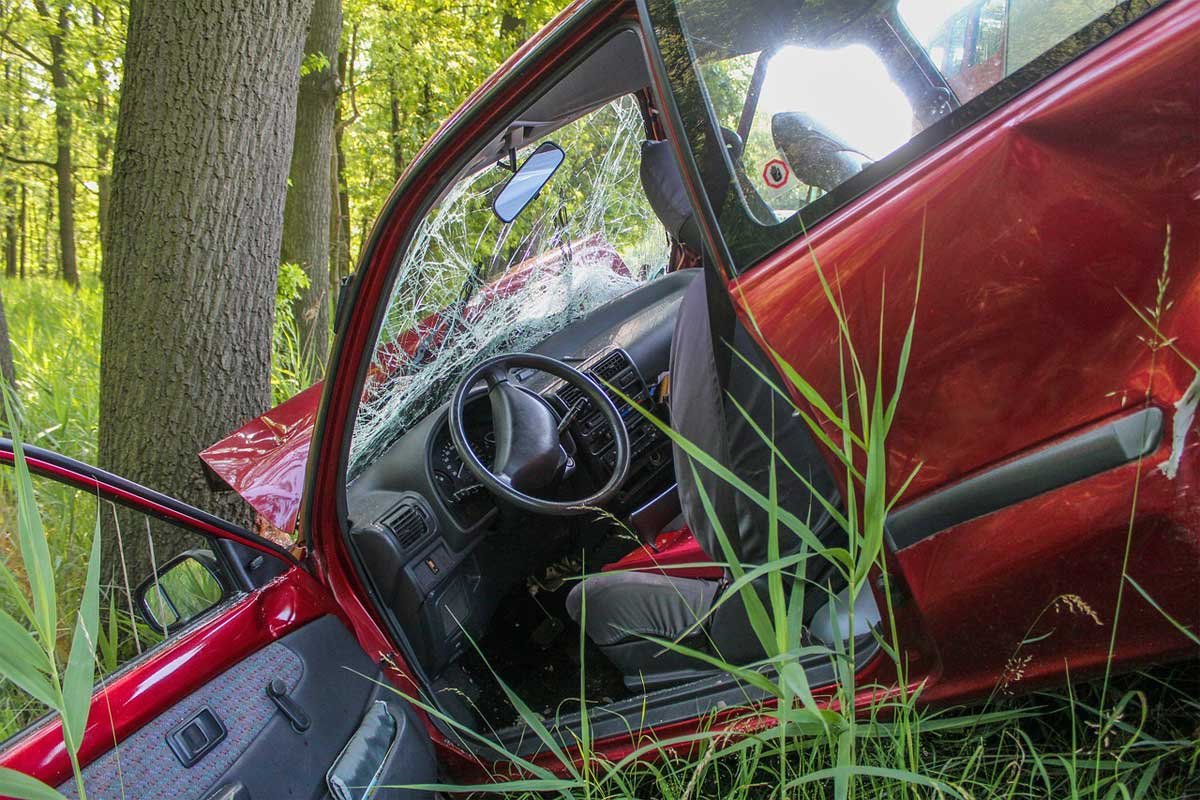After you get involved in an accident the road to recovery is a long and challenging process. So let’s see what you can do in an aftermath of an accident to get back on your feet and navigate the road to recovery.
Understanding the Physical Effects of Accidents
Most accidents, whether on a plane, train, automobile, or motorbike, involve injuries that will require long-term medical attention like physiotherapy. Cuts, bruises, and surface swelling can all be treated quickly and effectively and will heal in a relatively short amount of time. Injuries to nerves, muscles, bones, and even vital organs can all require some form of physiotherapy or long-term care before the victim fully recovers.
This comes at a cost. The medical bills for treatment can be very high and last for a long time as the treatment continues. Being incapacitated by an accident causes a loss of earnings that can have a domino effect on people’s personal finances, contributing the psychological factors like stress. Even minor injuries can cause major problems in a person’s life, and victims of accidents will need a lot of support to help them progress, heal, and recover mentally, physically, and financially.
Coping with Psychological Trauma
The psychological trauma after an accident can often be longer lasting than the physical injuries a person sustains. Transportation accidents, and aviation accidents in particular, can leave a victim with post-traumatic stress that can prevent them from using that kind of transport again. It can make them struggle to leave the house, or they can be triggered by images and sounds related to the accident.
If you have been involved in a plane crash or injured on a plane, find lawyers for aviation accidents who understand that each person and each case is unique and deserves compassion and recognition. No two person’s traumas are identical, and you may have experienced something much more traumatic than a fellow passenger or member of the crew. Legal representation can help you get the physical and mental healthcare that you need and recover lost earnings from the recovery time.
The Role of Support Networks in Recovery
Recovering from the aftermath of an accident requires a team of people and not all of them are professionals. To move on from their trauma victims need support from their family, friends and community. Paired with professional help, the people around you can help push you forward and keep your injuries, both mental and physical, behind you. Moving on is impossible without help, so never be afraid to ask.
This support network will give you the energy and enthusiasm you need when you lack it within yourself. No matter what type of injuries you might have physical, psychological, or both It is very difficult to recover without support. Build a support network with your loved ones and your professional helpers to navigate your way to a new and brighter future.
It is difficult to recover from an accident but keep in mind that you don’t have to go through this alone. By seeking out the right resources, including healthcare professionals, legal guidance, and support networks, you can overcome the aftermath of an accident and emerge stronger and more resilient. So always have patience and take one step at a time and don’t give up hope, as recovery is possible.


